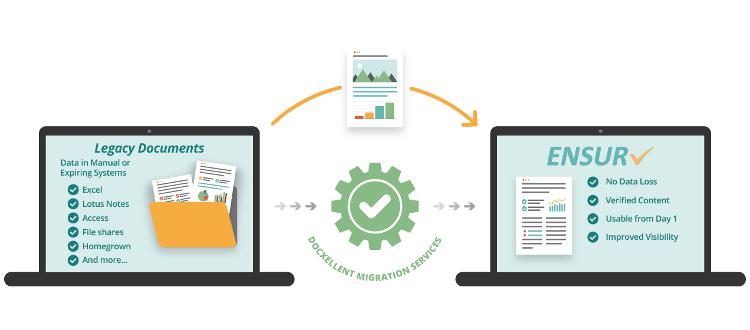
There has been a large increase in the number of companies adopting cloud computing strategies over the last couple years. From using applications on local machines to now hosting them on a remote cloud location, companies have started seeing various benefits of using the same application over the internet. Cloud computing enhances business productivity through increased security, cash flow, and the ability to access and collaborate within your most important applications from anywhere at any time. Let’s take a look at these benefits in some more detail.
Access and collaborate anywhere
Being able to access files from anywhere is a true plus for businesses. This ability means that teams from different parts of the world can access your applications and data from anywhere and at any time. In addition, if an area is struck with inclement weather, and workers are unable to make it into the office, telecommuting can keep the company going without missing a beat. And this ability is not limited to an at home or in office computer; databases can be pulled up on mobile devices at a moment’s notice.
This ease of accessibility allows your customers to work on or view your most important systems from any device, and it also increases overall collaboration. A recent survey by Frost & Sullivan showed that companies investing in collaboration technologies increased productivity by as much as 400%. When you eliminate the time-consuming and often unsecure process of sending files back and forth over email, you create a more streamlined process. A more efficient collaboration system that enables employees to access files from one central location ultimately leads to an improved business bottom line.
Lower costs
Another important benefit of cloud software is the reduced costs your company will experience from switching. Unlike with on-premise solutions, the cloud offers no upfront costs, a flat-rate monthly fee per user and/or amount of bandwidth used, and easy scalability in either direction. Setting up an on-premise system can take months or more, especially if you need to validate the application. This can be costly and time-consuming. In contrast, a cloud-based system is virtually plug & play—users can begin working immediately after the new instance is provisioned.
Furthermore, switching over from legacy servers to cloud servers eliminates the need for continual server environment refreshes, reduces demand for IT support staff, and saves on energy use. This all translates to more money in the business purse. And saving money in one area of business allows your company to use your extra cash on more important projects that will help propel your company further in your industry.
Increased security
Security is a major and very valid concern among companies. And while it might seem like administrators will be turning over the well-being of their proprietary information to a third-party, the data is actually more secure. While moving to the cloud does mean giving up some control, it is often the case that a third-party firm will be able look after your data more securely than you could. Cloud services not only allow sensitive information to be backed up on their servers, but many have tools in place to allow IT administrators to wipe drives remotely. This means that the data is saved but can easily be removed from compromised devices even though they are not in reach, helping to maintain security at the corporate level.
Think about the cloud server concept as a digital realm in which every device is connected to the internet, allowing easy access to any application at any time. A cloud server is a “virtual machine”, running from a dedicated server that supports a multitude of virtual servers. But instead of this cloud server being publicly accessible, the DocXellent Managed Cloud software system is lock-down secure—accessible only through robust layers of the latest security technology, and only by the users you authorize. This extra level of security allows you to rest easy knowing your information is always safe and secure.
Request a consultation to discuss how moving your on-site applications to a managed cloud can give you the cyber security you need with the tools to increase company collaboration and lower your overall business expenses.





























